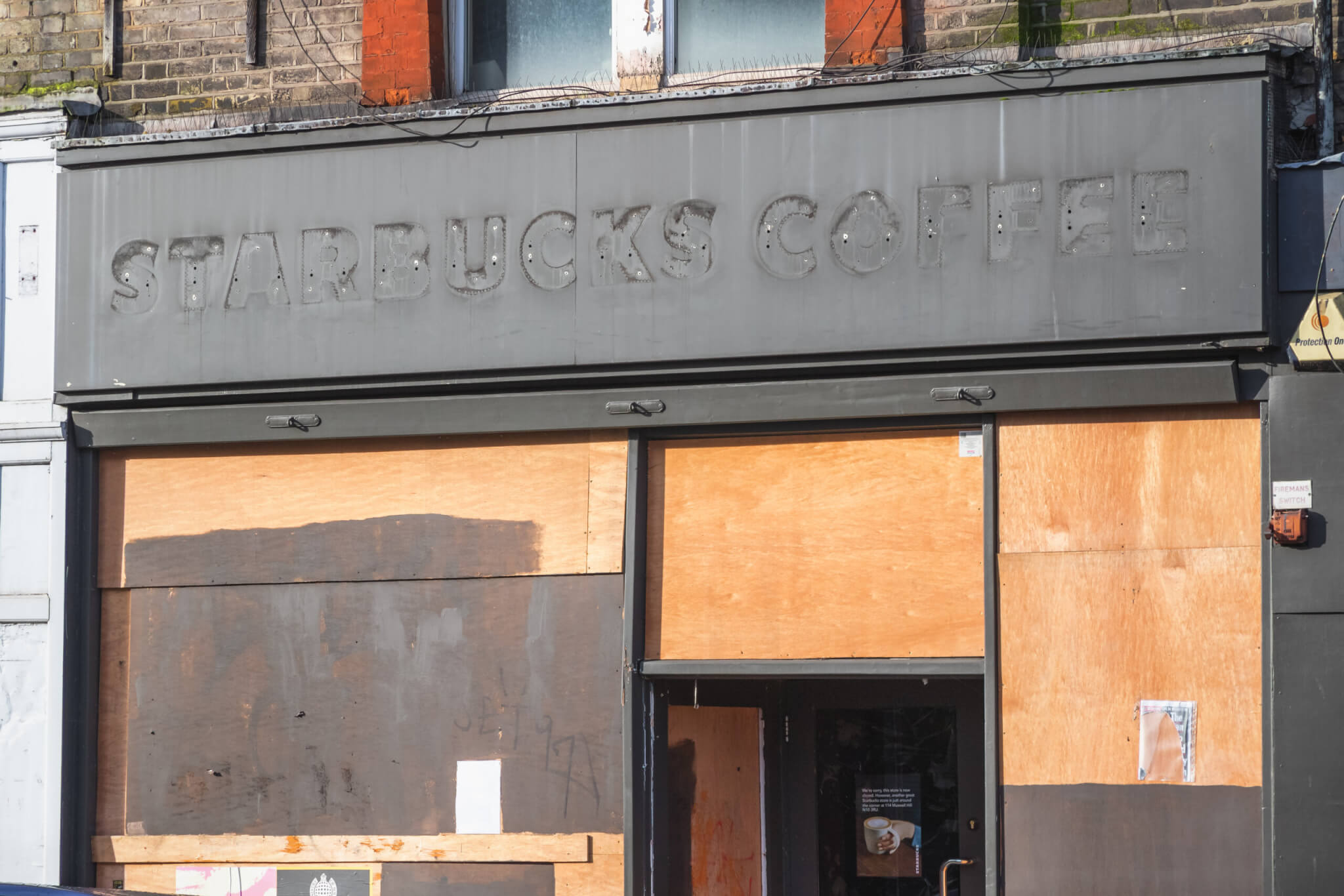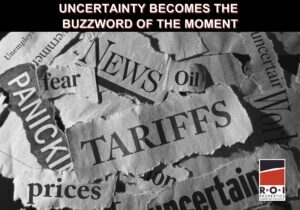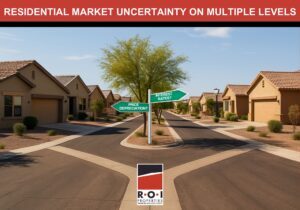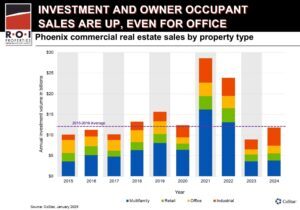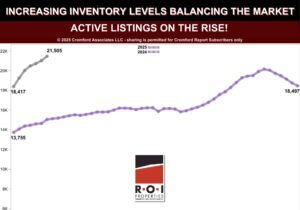In good economic times, single tenant net lease properties can be quite lucrative for investors. In less certain times, the risk proposition of having a solo tenant rears its ugly head: You are either running 100% occupancy or 0% occupancy. While net leases have had the hot hand in commercial real estate in the past few years, the COVID-19 pandemic has drastically curtailed the appeal of these deals.
As you might assume from shelter-in-place and social-distancing regulations, the hardest-hit businesses included theaters, health and fitness, and restaurants, as detailed in Challenges Are Baked in for Phoenix Restaurant Real Estate. Not surprisingly, those enterprises also had the biggest challenges in paying rent in April and May. On its quarterly earnings call, Phoenix-based real estate investment trust Vereit Inc. told investors and analysts that about a third of their tenants had requested rent relief. Requests from Vereit’s tenants were not uniform across industries, however: 69% of restaurants, and only 28% of industrial tenants and 8% of office tenants.
The news on June 10 that Starbucks will be closing 400 stores and refocusing on pickup/to-go service illustrates another element of risk. Even what would have been considered a safe, triple net lease (NNN) investment from a credit tenant cannot be assumed under current conditions.
COVID-19 has also influenced the underwriting for net lease transactions, adding to the pandemic-driven challenges of pricing discovery. According to The Boulder Group’s 2020 Net Lease Casual Dining Report, national cap rates in the single-tenant casual dining sector, for example, jumped to 6.59%—a 27-basis point increase over the previous year. Guaranteed-lease properties did slightly better with cap rates at 6.25%, while franchisee-leased properties came in at 7.00%. Those higher cap rates represent the market’s recognition that casual restaurants are riskier within the overall net lease retail segment. The Boulder Group notes that investors will be closely examining the potential to regain pre-COVID-19 sales performance, in-place rents, residual real estate, and the strength of the lease guarantor and restaurant brand—as well as their flexibility in accommodating curbside and takeout options.
A final risk proposition to consider is what happens to net lease properties and commercial real estate in general when the PPP loans dry up in phases over the summer. Currently, businesses are incentivized to make their rent payments and keep their payrolls full. In the coming months, as we ramp up business activity, we will be testing the post-pandemic financial viability of businesses without the assistance of loans and forbearances.
Along with numerous challenges, the coronavirus aftermath presents plenty of opportunity in the Phoenix commercial real estate sector. Whether you want to buy, sell or lease, the team at R.O.I. Properties can help. Contact us at 602-319-1326 or [email protected].
